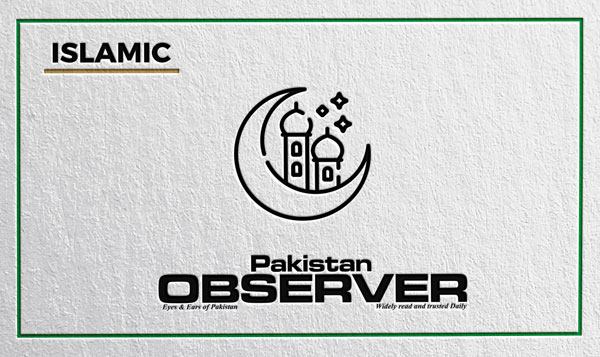Pakistan’s central bank expressed confidence in meeting the Federal Shariat Court (FSC)’s deadline to transition the country’s economy, including its banking sector, to an interest-free model, with a top official saying efforts were rapidly advancing in this area.
In April 2022, the FSC ruled that “riba” (interest) was prohibited in all forms, mandating Pakistan’s shift to an interest-free economy by December 2027.
The court’s decision requires the removal of the term “interest” from all applicable legal clauses and necessitates amendments to all relevant laws in accordance with the judgment.
“The decision given by the Federal Shariat Court is being implemented and we are working with the full spread so that the date given by the court is implemented,” Saleem Ullah, Deputy Governor of the State Bank of Pakistan (SBP), told Arab News on the sidelines of the 2nd National Islamic Economic Forum in Karachi. “We have developed and constituted various committees [for the purpose].”
The SBP official informed a high-level steering committee headed by the finance minister and the central bank governor had been constituted to oversees the strategy to implement the verdict.
“And then there is a committee headed by the two deputy governors, and that committee oversees the overall transformation process,” he continued, adding: “There are various work streams that have been constituted for that purpose and those work streams are actively performing their role.”
The SBP deputy governor informed work was being carried out to review the legal and regulatory frameworks along with the development of new financial products that were required to convert the public debt into sharia-compliant debt.
“We are very hopeful that by the will of God, with the collaborative efforts and kind of structure that we have created, we will be able to meet the deadline,” he added.
Addressing the forum, the central bank official said interest created an unjust system. He expressed optimism about expediting the journey of Islamic banking in Pakistan.
The market share of assets and deposits of Islamic Banking Industry (IBI) in the overall financial sector stood at 19.6 and 22.5 percent, respectively, by the end of September. However, the central bank has set the target to increase the share of Islamic banking system to 35 percent by 2025.
Speaking at the event Maulana Bashir Farooqi, founder chairman of Saylani Trust and convener of the forum, called for efforts “to wage a war against the interest-based banking system.”
Mufti Munib-ur-Rehman, a religious scholar, expressed concern over the “slow progress” of transformation toward Islamic banking in Pakistan.
He urged comprehensive economic planning by political leaders and economists for the next five to 20 years while calling for direct establishment of Islamic banks instead of opening the Shariah-compliant branches of conventional banks.—Arab News PK










